|
From the time children are babies, we talk, sing, and make gestures to get them to respond to us and we are so excited when we hear them squeak and coo. This is oral communication at its best. We've made a connection and started the process of language development. Importance of oral communicationOral communication is such an important way to develop language and literacy skills. It is through oral communication that children learn to articulate their thoughts and experiences, to engage with others, and to build their vocabulary and comprehension. Oral communication doesn't begin when a child goes to school. It begins from the time the child is a baby. The more we interact with kids when they are infants, the better they are able to communicate their feelings and needs. Teachers can build on those early communication skills when the children begin school, but the richer the experiences as infants and toddlers, the more successful they will be with their educational experiences. Though oral communication is sometimes viewed as simply talking, it is actually a complex process that employs all the language arts skills. When we oral communicate effectively, we are able to share our thoughts and feelings with others in a clear and concise way. Oral communication is so much more than just speaking. It is an oral language activity that uses all the elements of Language Arts including listening, viewing, speaking, writing, and critically thinking. When we communicate orally, we are not only using words but our whole body to express ourselves through intonation, facial expressions, gestures, and body language. Oral communication helps children to develop language skills, and it also encourages them to be creative and expressive. There are many different ways to encourage oral communication in the classroom. We communicate orally when we tell stories, sing songs, read books out loud, enact scenes from plays, and present oral reports. In the classroom, oral communication activities can range from choral reading and readers theater to storytelling and circle time discussions. Choral reading and readers theaterWith choral reading, the whole class reads a book together, taking turns to read different parts. This is a great way to get everyone involved, and it can also help to build confidence in those who are less confident readers. Because they are reading as a group, the fear of making mistakes and struggling with reading is lessened. Another way to encourage oral communication is through readers theater. This is where children take on the roles of different characters in a play and read their lines aloud. This is a great way for children to practice their oral reading skills, and it also allows them to be creative and have fun. They can sometimes add different actions and voices as they read. Plays and puppetryPuppetry and class plays are great ways to promote oral communication skills. These activities provide opportunities for children to practice speaking in front of an audience, to listen to others, and to develop confidence in their oral communication skills. The actors are able to use body language and actions to further emphasize the words and voices they use for their roles. The audience practices the skills of listening and viewing to make sense out of what is being expressed on stage. Audio books and musicListening is a big component in oral communication. It is important to be able to listen and understand when someone is speaking or sharing information through other mediums. Using audio books and music is a great way to help develop listening skills. Messages are being shared without the visual part, so it is necessary to listen more closely to understand what is being shared. More ideasDoing interviews is another great way to develop oral communication skills. Not only does it require being able to speak, but also to listen so that both parties are able to understand and share ideas and thoughts. Being part of a podcast involves listening and speaking as well. The difference is, you can't necessarily see the other person, so you need to be able to figure out meaning from the words and intonation of the speakers. These are just a few of the many ways you can help your students build their oral communication skills. So have fun and get creative! Related Posts
0 Comments
Leave a Reply. |
About Me Charlene Sequeira
I am a wife, mother of 4, grandmother of 9, and a retired primary and music teacher. I love working with kids and continue to volunteer at school and teach ukulele. Categories
All
|
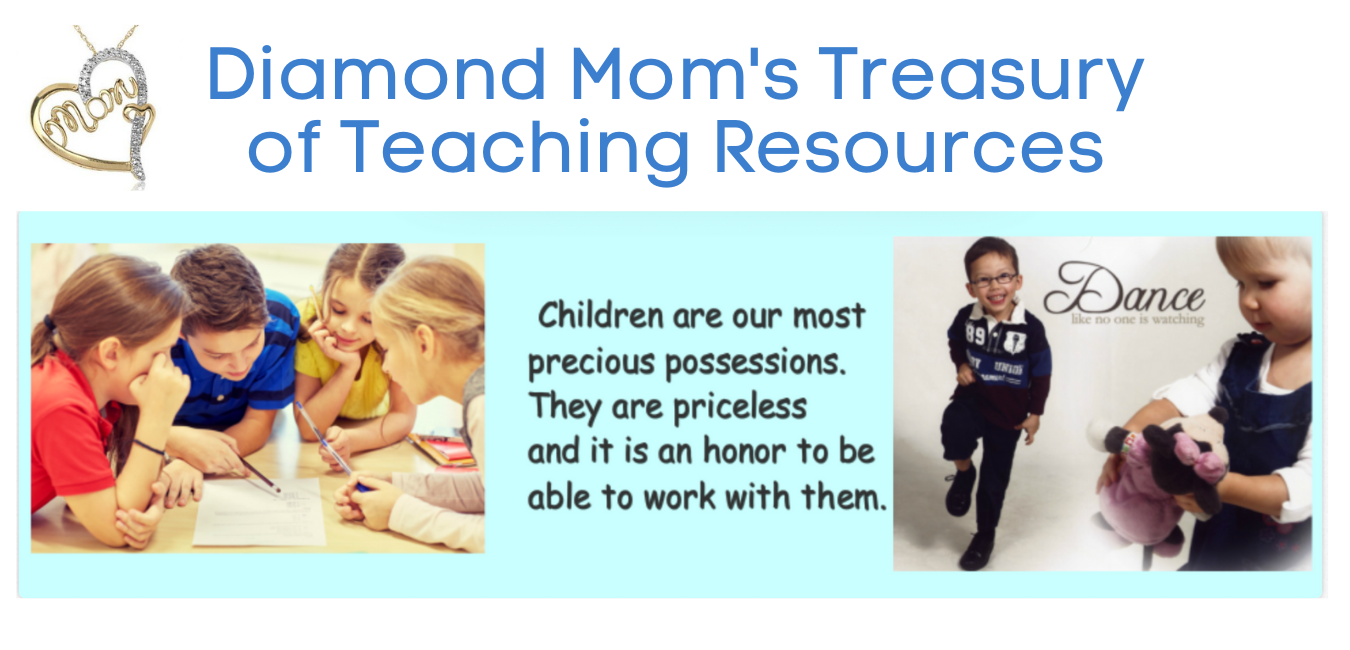
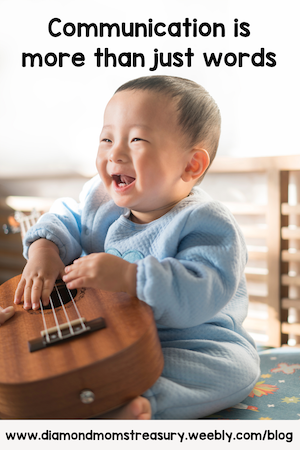
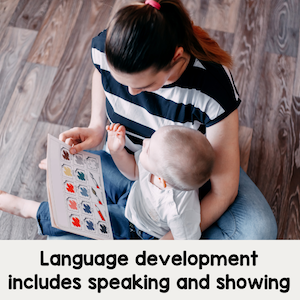
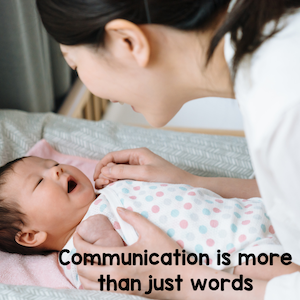
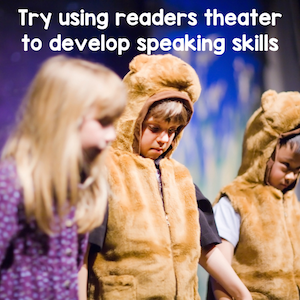
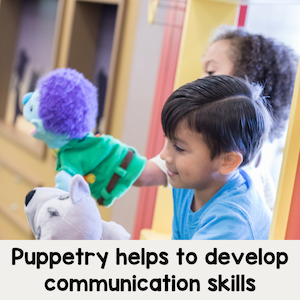
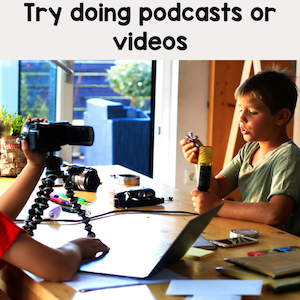
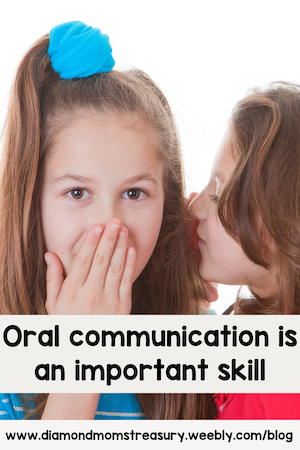

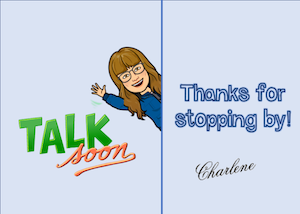
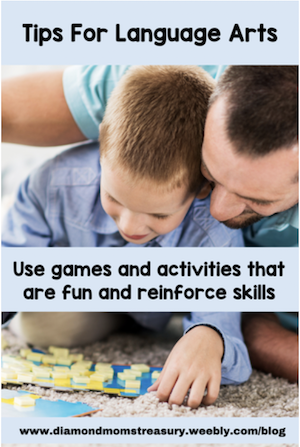
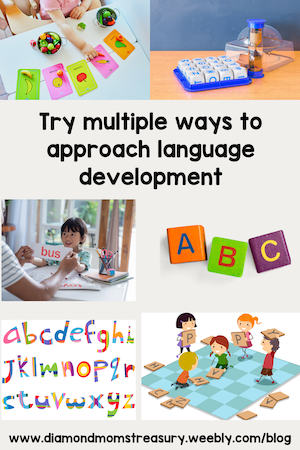



 RSS Feed
RSS Feed